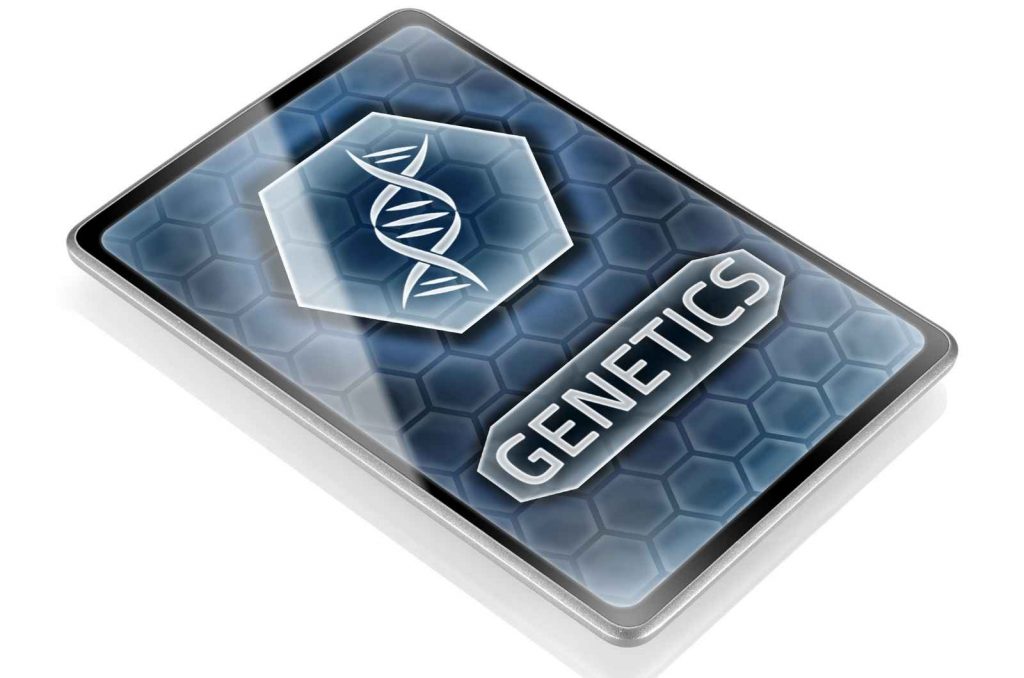
Email protected folders offer confidentiality to researchers while protecting their data from external sources. Clinical genetic databases like that of the MSD Direct are accessible to the clinical research organizations for obtaining the variants as and when they are needed. Many researchers find it difficult to access the variant data due to the large storage space required and the high cost of maintaining them. MSD Direct contains many protected folders. One for case studies and one for metabolomic information. These folders were created by the MSD's Clinical Genetic Analysis Core. This makes it possible for the clinical research organizations to have a more concise way of accessing the variants and makes it easier to analyze them.
In the Clinical Genetic Database, there are two types of folders: password protected folders and shared folders. The Shared Folders give researchers access to all variants in the database. They also allow researchers to share variants with other researchers within the same network. They also maintain the exclusivity of the variants and hence the data is not leaked to the other parties. This has a small drawback, however, because anyone can create and use these folders. This type of folder is best used when only a few Clinical genetic database variants are available and very few people have access to them.
The password protected folders on the other hand are much more secure than the shared ones and the data is only available to the authorized personnel. Only authorized personnel can make changes to the genomes data. Only then can the folders be used. There are three types of folders in the clinical genetic database. These are: Adenoknoout, microsarcophilic, and orthoguanic.
All the three types of folders maintained by the Clinical Genetic Analysis Core are highly specialized. For example, the microsarcophilic databases have high quality standards and are enriched for life sciences research. They were created after extensive analysis and with great care to reproduce as many variants as possible for therapeutic purposes. The orthoguanic databases are for highly experienced clinical geneticists who have the ability to handle large data sets.
The clinical genetic information is available in many formats. These include serousve immunopostmentation arrays, which are arrays of purified DNA probes that were purified using restriction enzymes. This process leaves the probes with the appropriate sequence of DNA that can work for many clinical applications. These arrays are known as lovd databases. These arrays are used by many clinical laboratories to study gene function and generate new genetic information that can be used in human treatments.
Another important format is the whole genome sequencing format. The major advantage of this format is that it provides clinical information on the entire set of genetic variants and their function. It also contains information about the structure of the variants as well as the conservation of variation among closely related pairs.
The NCBI build collection, thezers and many other databases contain the largest international collections of variants. The databases are maintained by various national research laboratories and they have been sanctioned by the national genetic research agencies. The FED Presidential Commission for Public Health Accounting has authorized some international databases. Many databases for clinical genetic research have been established by national or international regulatory bodies.
Clinical genetic databases are used in many ways. They can be used to identify genetic variants that are associated with complex traits such as intelligence or age-related diseases. They can also be used to identify rare variants with complex traits, or common variants that cause minor diseases. They have helped in the discovery of many novel genetic disorders and their mechanisms.